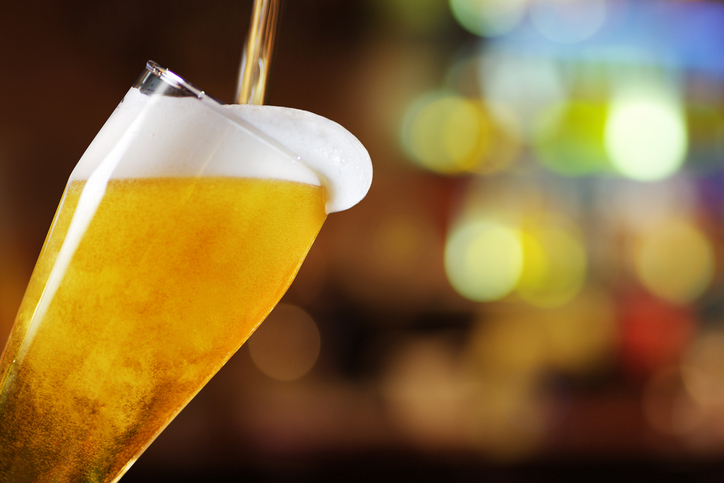
These flowers are being watered.
Water is, obviously, an odorless, tasteless liquid, a compound of hydrogen and oxygen, and, by extension, any body of water such as oceans or seas. In the plural form waters, it means both ‘the sea bordering and controlled by a country’ and ‘water from a mineral spring.’ As a verb, to water means ‘to make wet or sprinkle with water,’ as you do with plants, and, in reference to eyes or mouths, it means ‘to fill up with liquid.’
Example sentences
- It is important to drink plenty of water, especially in hot weather.
- Much of the Earth's surface is covered in water.
- The ferry is now entering British waters.
- In the 18th and 19th centuries, a lot of people used to go to the English city Bath to take the waters.
- Some plants need to be watered more often than others.
- My eyes water when I cut onions.
- The food smells amazing. My mouth is watering.
Words often used with water
hold water: be believable or able to be proven. Example: “That theory doesn’t hold water. It would never work in these circumstances.”
like water: abundantly. Example: “That boy spends money like water. He should save some in case he needs it later.”
make your mouth water: literally or figuratively, to give you an appetite. Example: “Those shoes are so beautiful, they make your mouth water.”
in deep water, in hot water: in trouble. Example: “The kids had broken their mom’s favorite vase; they knew they were in hot water.”
keep your head above water: manage to keep doing something with difficulty. Example: “The business hasn’t made much money this year, but we are just about keeping our heads above water.”
water under the bridge: to be left in the past, forgotten. Example: “The two old friends made up and agreed that their silly argument was water under the bridge.”
tread water: to stay in place in water by pumping your arms and legs. Figuratively, it means ‘to maintain your position without making progress.’ Example: “I treaded water while waiting for the boat to rescue me.” “During the recession, the company was barely able to tread water.”
In pop culture
A famous song that uses one of the figurative senses of water is Simon and Garfunkel’s “Bridge Over Troubled Water,” written in 1970. You can listen to it here:
Did you know?
Water (or waters in the UK) also refers to the amniotic fluid surrounding a fetus in the womb. When a woman is about to give birth, this sac of fluid breaks and the fluid gushes out. When this happens, we say the woman’s water has broken.
Origin
Water dates back to before the year 900. The Old English noun wæter came from the Proto-Germanic watar. Its roots can be traced back to the Proto-Indo-European particle wed-, meaning ‘water or wet.’ The verb comes from the noun, and has also been around since before the year 900. The Old English verb wæterian meant ‘to moisten’ (ie, to make wet), ‘to supply water,’ or ‘to lead animals to water.’
Water was suggested by a user from Japan.
Word of the Day is released Monday through Friday.





